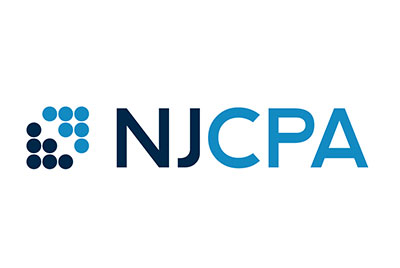NJCPA Comments on NASBA’s Pipeline Proposal
–
April 10, 2024

The NJCPA is aiming to help firms and businesses find more accounting talent in 2024 and beyond, as demand for young people to succeed retiring accountants continues to grow. The ongoing talent shortage — known as the "pipeline problem" — describes a crisis in the profession in which talent is in high demand, but fewer people are studying to be accountants and even fewer are becoming CPAs. A host of factors are contributing to the pipeline problem, like the challenging CPA Exam, low starting salaries and concerns about work-life balance, to name a few.
Among the obstacles to licensure discussed by the NJCPA Pipeline Task Force was the 150-hour education requirement. Some believe that the additional year of education and costs associated with it are a significant barrier to potential accounting students and those who may sit for the CPA Exam.
In response to these concerns, the National Association of State Boards of Accountancy (NASBA)’s Professional Licensure Task Force is studying a structured experiential learning program that would provide for education, documented experience and other elements that would provide an equivalent path to licensure without the need of having a fifth year to complete a 150-hour education program. This additional path, called a Structured Professional Program (SPP), would include an education and experience component to measure a participant’s competency to be licensed as a CPA and would be considered equivalent to the current 150-hour pathway defined in the Uniform Accountancy Act.
The NJCPA Board of Trustees reviewed and discussed the SPP concept and provided comments and recommendations for NASBA’s consideration.
The information in this guide has been gathered from many sources, including the Internal Revenue Service, the Social Security Administration, state agencies, professional organizations and members of the NJCPA. The majority of state agencies offer online and prerecorded services. It’s best to check online or call before you visit.
Material contained within this guide should be augmented by, and used in accordance with, a certified public accountant's professional judgment. Your CPA can properly apply the tax laws and regulations to the facts and circumstances of your particular situation. For help with locating a CPA, visit findacpa.org.
The New Jersey Society of Certified Public Accountants is not responsible for any claims arising as a result of this information or its usage.
This guide was updated in August 2024. Future users of this material are cautioned that some portions, particularly tax-related information, may become outdated.